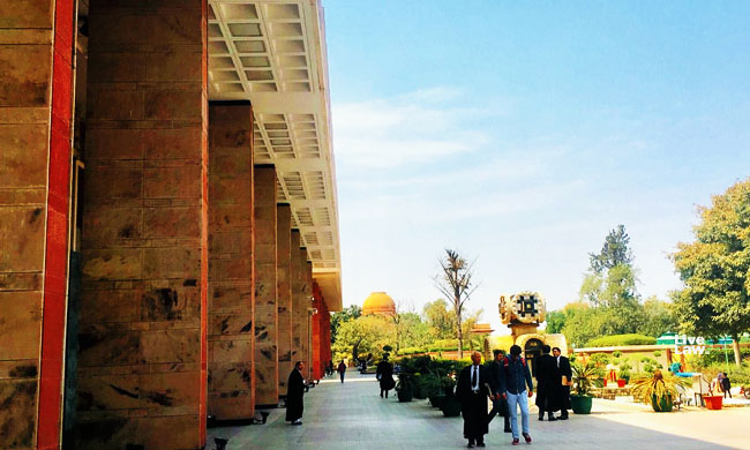The Delhi High Court has issued a notice to the Delhi Government in a PIL that challenges the validity of taking voice samples by the police under section 53 of CrPC as being violative of Right to Privacy. The writ petition was filed by a Delhi-resident challenging an order passed by the Metropolitan Magistrate at Karkardooma which had allowed the Investigating Officer to take the voice...

